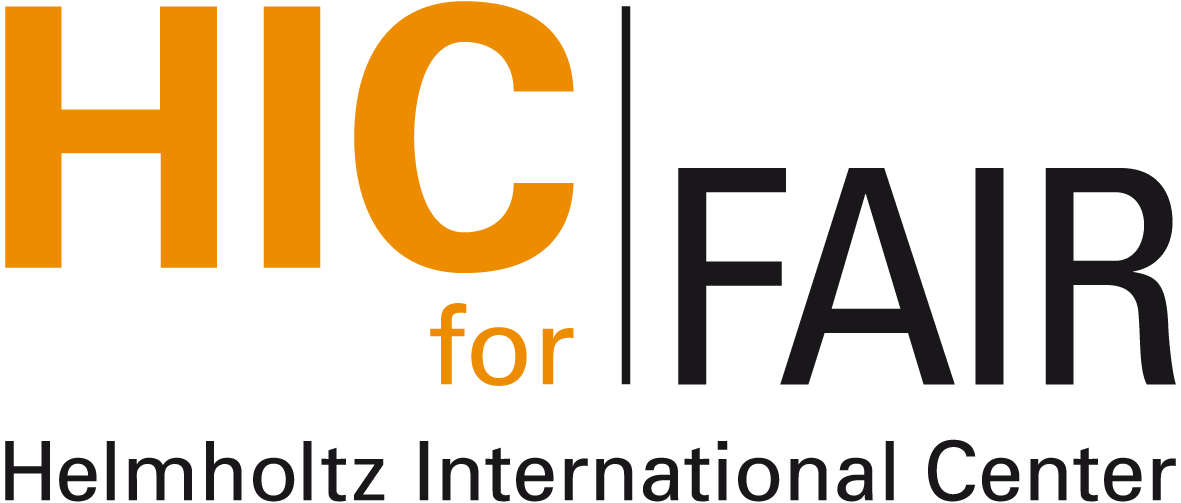 Nuclear Physics Colloquium
Nuclear Physics Colloquium Nuclear Physics Colloquium
Nuclear Physics ColloquiumVenue: Physics
Building, Max-von-Laue-Str. 1, Seminar Room PHYS 2.116
Time: Thursday, January 18, 4:30pm (s.t.)
Contact: hees@fias.uni-frankfurt.de
The Wissenschaftsbarometer 2017 shows that 58% of society is interested
in scientific topics, and even 40% of people are interested to
contribute to research projects. However, in times of 'fake news' and
'alternative facts', the scientific community faces a more hostile and
also critical environment in which it has to defend its results. Science
communication is therefore more important than ever before. There are
various motivations for why research and science should be more visible
to a wide public audience: from simple justification of spending of
public money, to understanding beneficial usage of newly developed
technologies, and to explaining the impact of scientific results on our
society.
In the field of nuclear physics, science communication is especially
challenging as the results are not tangible and the impact of nuclear
physics research is not directly obvious to people. When communicating
with a broad audience, goals, messages, well-defined target audiences,
and platforms must be identified.
In this talk, I will give a basic introduction about science
communication and outreach focusing on (nuclear) physics. Specific
strategies, practical examples, and existing resources (based on the FSP
Pilotprojekt 'Spitzenforschung, Erkenntnisvermittlung und
Nachwuchsgewinnung aus einer Hand') will be explained and provided.
These can serve as a starting ground, and as an encouragement, for
(your) new outreach projects.
Possible communication strategies for interested and existing resources
will be provided.